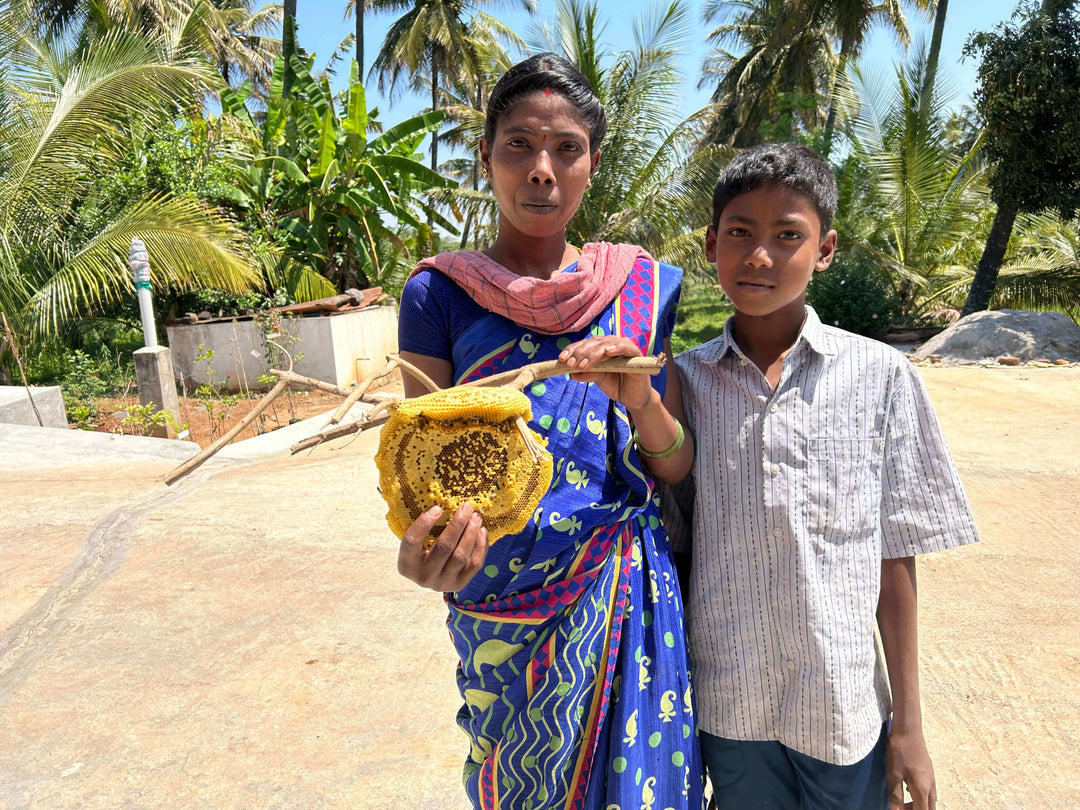Pest Management
What is organic pest management?
On any farm, bugs and insects are unavoidable. Some bugs are beneficial because they prey on harmful bugs and provide important pollination. However, other insects are a danger. Pests can wreak havoc on the appearance of fruits and vegetables, making them difficult or impossible to sell. Worse, some pest damage can completely destroy a crop. To control pests, conventional farmers use toxic pesticides. Organic farmers use non-synthetic pest management strategies to reduce and control pests.

Beneficial insects help control populations of unwanted pests. Photo by Thomas Wood.

A sticky card traps pests for analysis in the fields .
The strategies
Prevention is the first line of defence. Strong plants that are resistant to pest pressure grow in healthy soil. Farmers can help natural predators and beneficial insects like ladybugs thrive. Crop rotation and the selection of pest-resistant crop varieties are two other strategies. When pests become a serious issue, organic farmers may employ pheromones to disrupt pest mating cycles, as well as mechanical controls such as trapping. Targeted sprays of organic-approved pesticides may be used when all other methods have been exhausted and a farmer faces a potential significant loss. Broad sprays of non-specific pesticides are always a last resort.

Beneficial insects help control populations of unwanted pests. Photo by Thomas Wood.
WHY DOES IT MATTER?
Chemical pesticides pollute the air and water we breathe. They also kill beneficial bugs and insects, destroying biodiversity and wreaking havoc on farm ecosystems. Organic pest management is a comprehensive approach. Many strategies, including those mentioned above, are used by organic farmers to reduce the use and consequences of chemical pesticides and promote a farm system that works in harmony with nature. As a result, everyone benefits from lower costs, stronger plants, healthier wildlife, and a cleaner environment.







